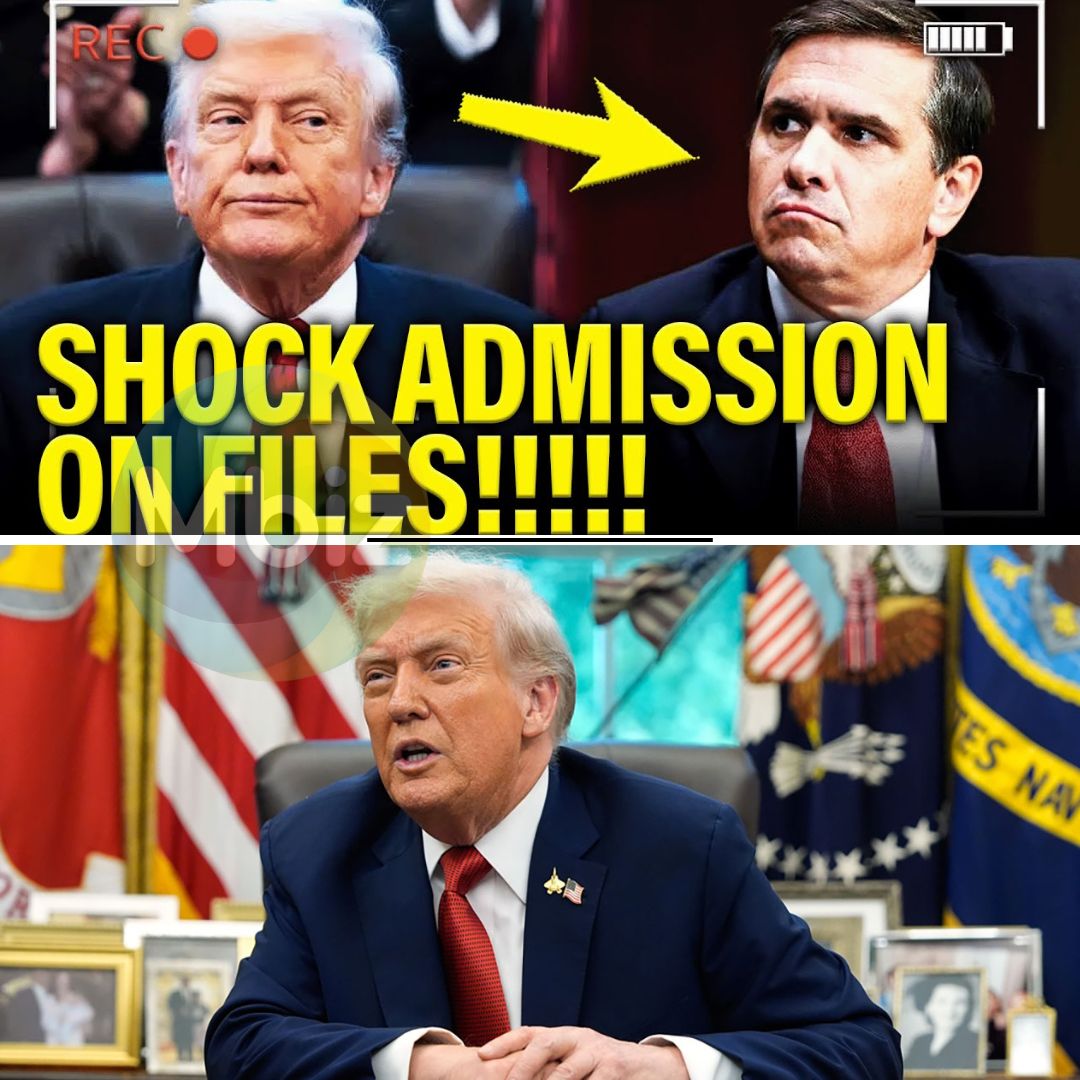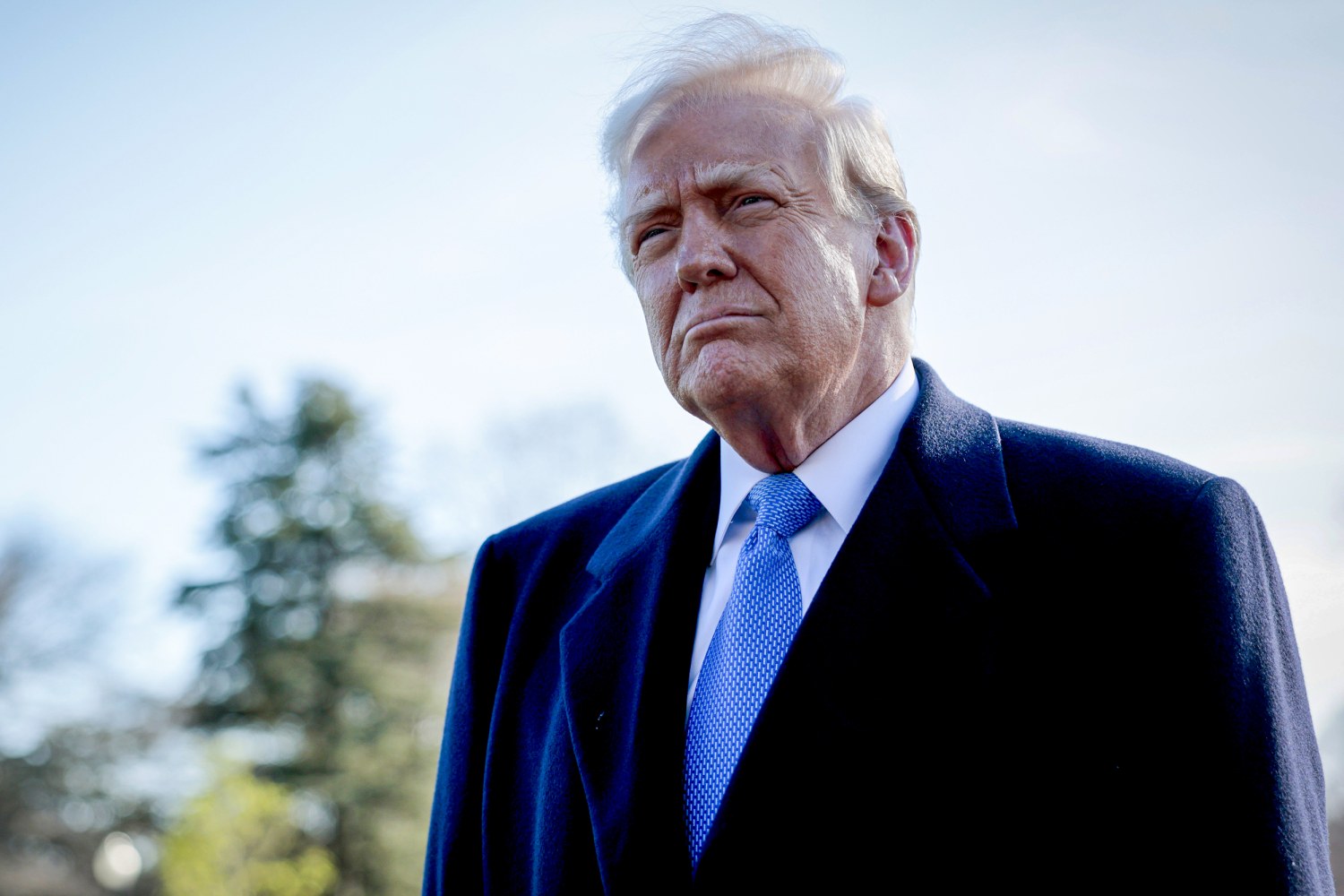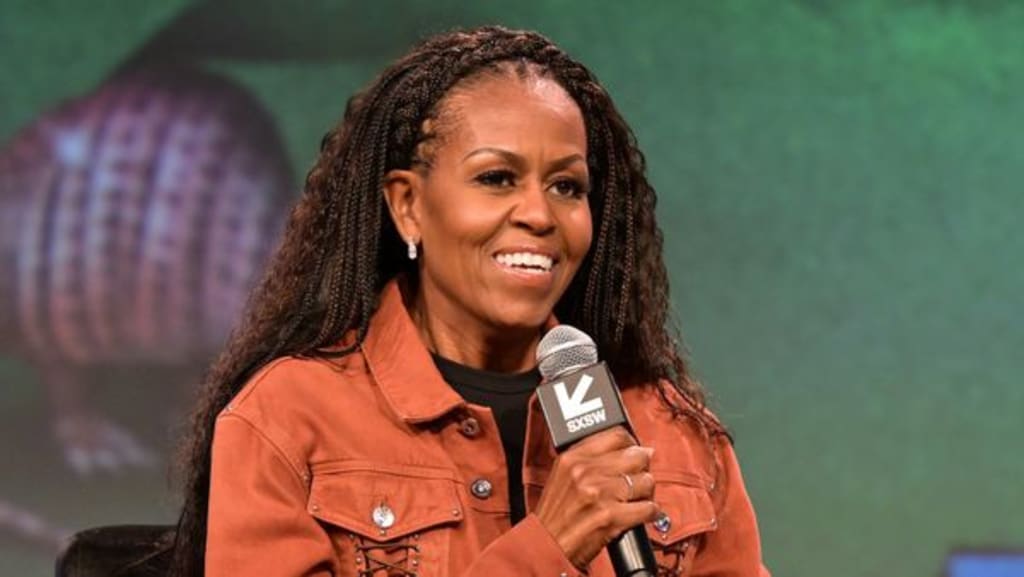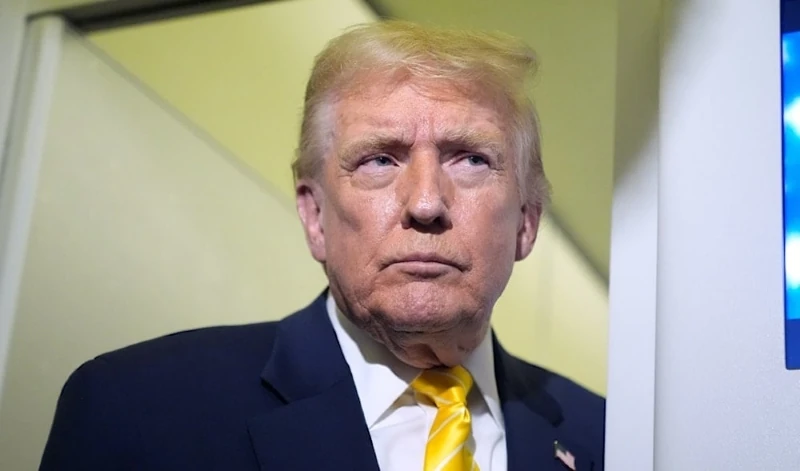In a shocking revelation that could have far-reaching implications, Donald Trump’s deputy attorney general, Todd Blanch, has inadvertently admitted to a potential cover-up involving the former president. During a heated exchange on social media with attorney George Conway, Blanch acknowledged that his questioning of Ghislaine Maxwell—linked to the notorious Jeffrey Epstein—was either grossly incompetent or intentionally designed to shield Trump from incrimination.
 Conway’s critique of Blanch’s handling of the Maxwell interview highlighted a staggering statistic: Trump’s name appears in over half of the 2,324 email threads released from Epstein’s estate. This staggering connection raises urgent questions about the integrity of the Department of Justice under Trump’s administration. Conway’s pointed inquiry into why Blanch failed to ask Maxwell necessary follow-up questions has now been met with a defensive retort from Blanch, who attempted to downplay the significance of his oversight.
Conway’s critique of Blanch’s handling of the Maxwell interview highlighted a staggering statistic: Trump’s name appears in over half of the 2,324 email threads released from Epstein’s estate. This staggering connection raises urgent questions about the integrity of the Department of Justice under Trump’s administration. Conway’s pointed inquiry into why Blanch failed to ask Maxwell necessary follow-up questions has now been met with a defensive retort from Blanch, who attempted to downplay the significance of his oversight.
In a desperate attempt to deflect scrutiny, Trump took to social media, claiming that Democrats are using the Epstein scandal to distract from their failures, while simultaneously calling for an investigation into his political opponents. Trump’s post, laden with conspiratorial rhetoric, is seen as a blatant maneuver to divert attention from his own connections to Epstein.

The implications of this exchange are profound. Blanch’s admission suggests a troubling lack of diligence in a critical investigation, raising alarms about the integrity of the DOJ. Furthermore, Trump’s directive to investigate his adversaries, as acknowledged by Attorney General Pam Bondi, underscores a dangerous precedent of politicizing law enforcement to protect personal interests.
Critics are now questioning the legitimacy of the DOJ, which appears to have lost its credibility under the weight of political machinations. The urgency of this situation cannot be overstated: a former president is implicated in a scandal involving child sex trafficking, and the very institutions meant to uphold justice seem compromised.
As the fallout from this exchange continues to unfold, the public is left grappling with the unsettling reality of a justice system that may prioritize political loyalty over accountability. This developing story demands immediate attention, as the ramifications of these admissions could reshape the landscape of American politics and justice. The question remains: will those responsible be held accountable, or will this be yet another chapter in a long saga of evasion and cover-up? The stakes have never been higher.






